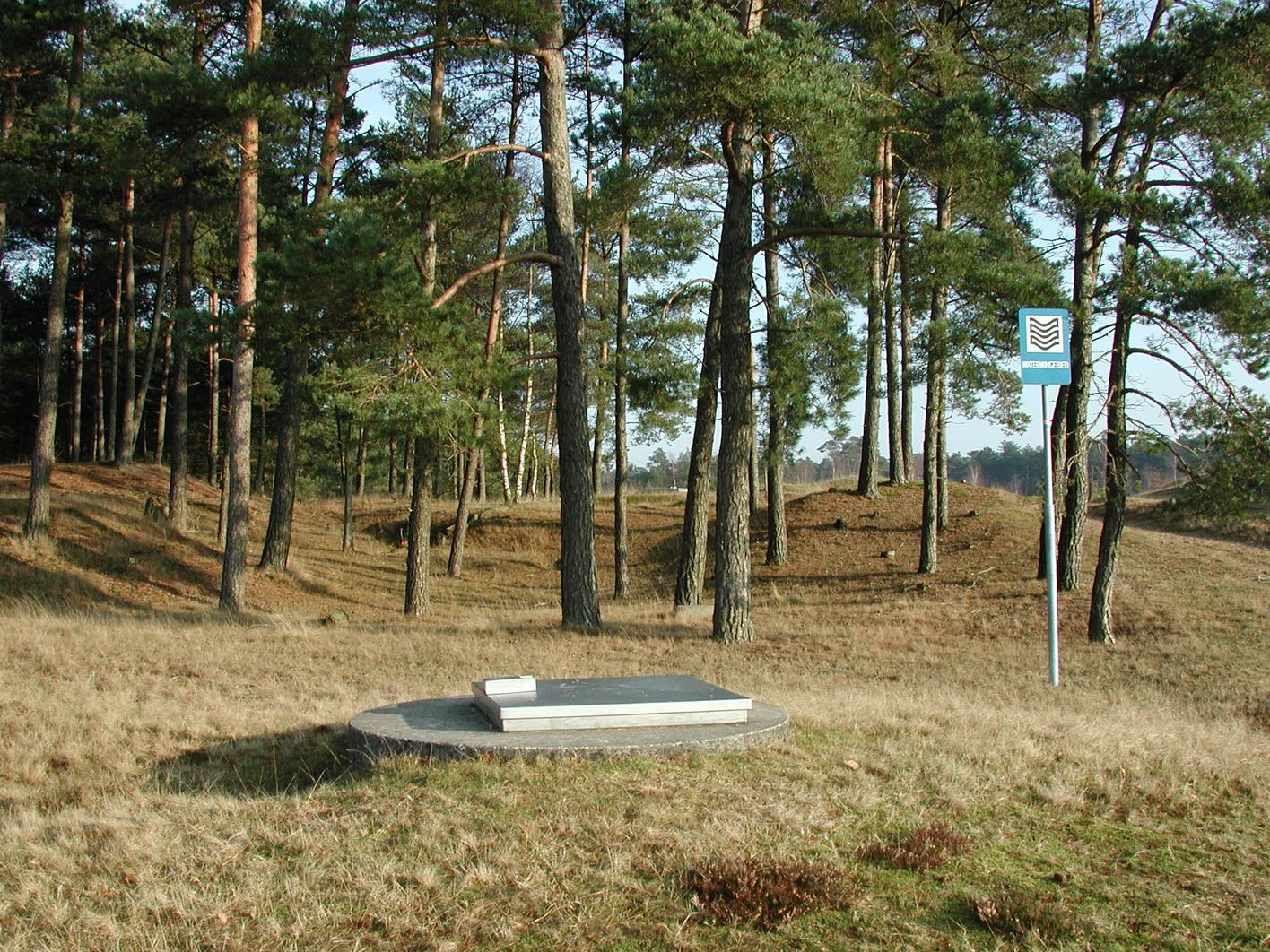Making the Netherlands resilient to water shortages
Sufficient fresh water is crucial for the Netherlands. It is used for drinking, the natural environment, growing crops, irrigation, stability of dykes and for industry. The supply of fresh water, however, is not always sufficient to meet demand. Witteveen+Bos provided the analysis and process supervision for three freshwater supply regions so as to draw up measures to help make the Netherlands resilient to possible water shortages.
One of the aims of the national Delta Programme is to make the Netherlands resilient to water shortages. This is being carried out in six freshwater supply regions. Witteveen+Bos was asked by three of these regions with elevated sandy soil and low groundwater levels (Freshwater supply region East Netherlands, Delta Plan for Elevated Sandy Soil and the IJsselmeer Region):
- to formulate a longlist of freshwater measures and to assess these measures on the basis of effectiveness and costs;
- to provide substantive support in the follow-up process in the areas of system knowledge, reports, GIS viewers and presentations;
- to supervise the processes in the regions for the joint programme of measures and for subsidy applications.
Raising groundwater levels requires an integrated approach. Combinations of different measures throughout the area are necessary to deal with the magnitude of the challenge caused by drought. The aim was to establish a six-year programme of freshwater measures, supported by all parties involved: provincial governments, water authorities, municipalities, drinking water companies, the LTO, and organisations for nature conservation and land management. The programme also had to meet the needs for Delta Fund subsidy.
An additional challenge in this involved the fragmentation of knowledge, responsibilities, authority and finances. Both substantive knowledge and financial resources of all land and water management organisations had to be combined to successfully tackle the major challenge caused by drought.
The final challenge was posed by the subsidy scheme: the potential for possible and desired measures significantly outweighs the amount of funds available from the national subsidy scheme. This meant having to prioritise the measures. Through the application of a system approach to the problem and by involving all parties in a transparent manner from the outset, Witteveen+Bos succeeded in drawing up an integrated and supported programme of measures for the period 2022-2027 to make the Netherlands more resilient to water shortages.
Share this project
More information?

